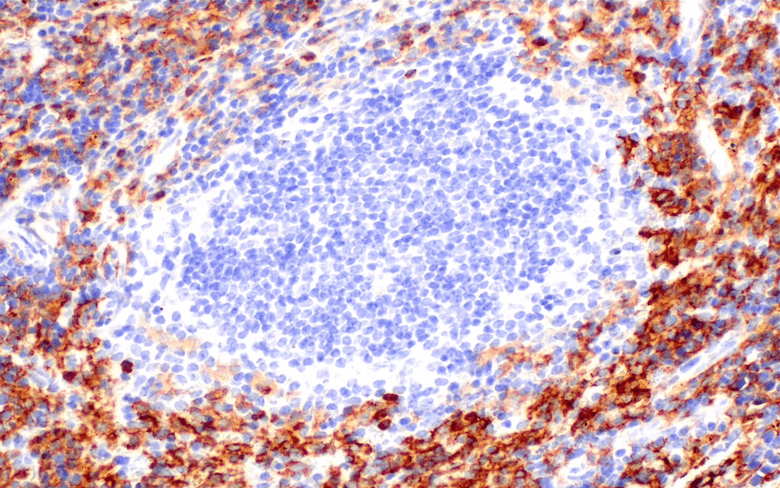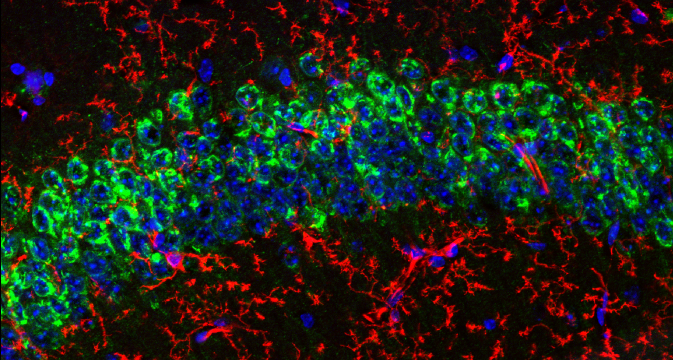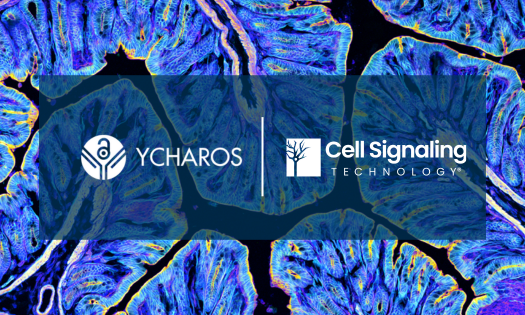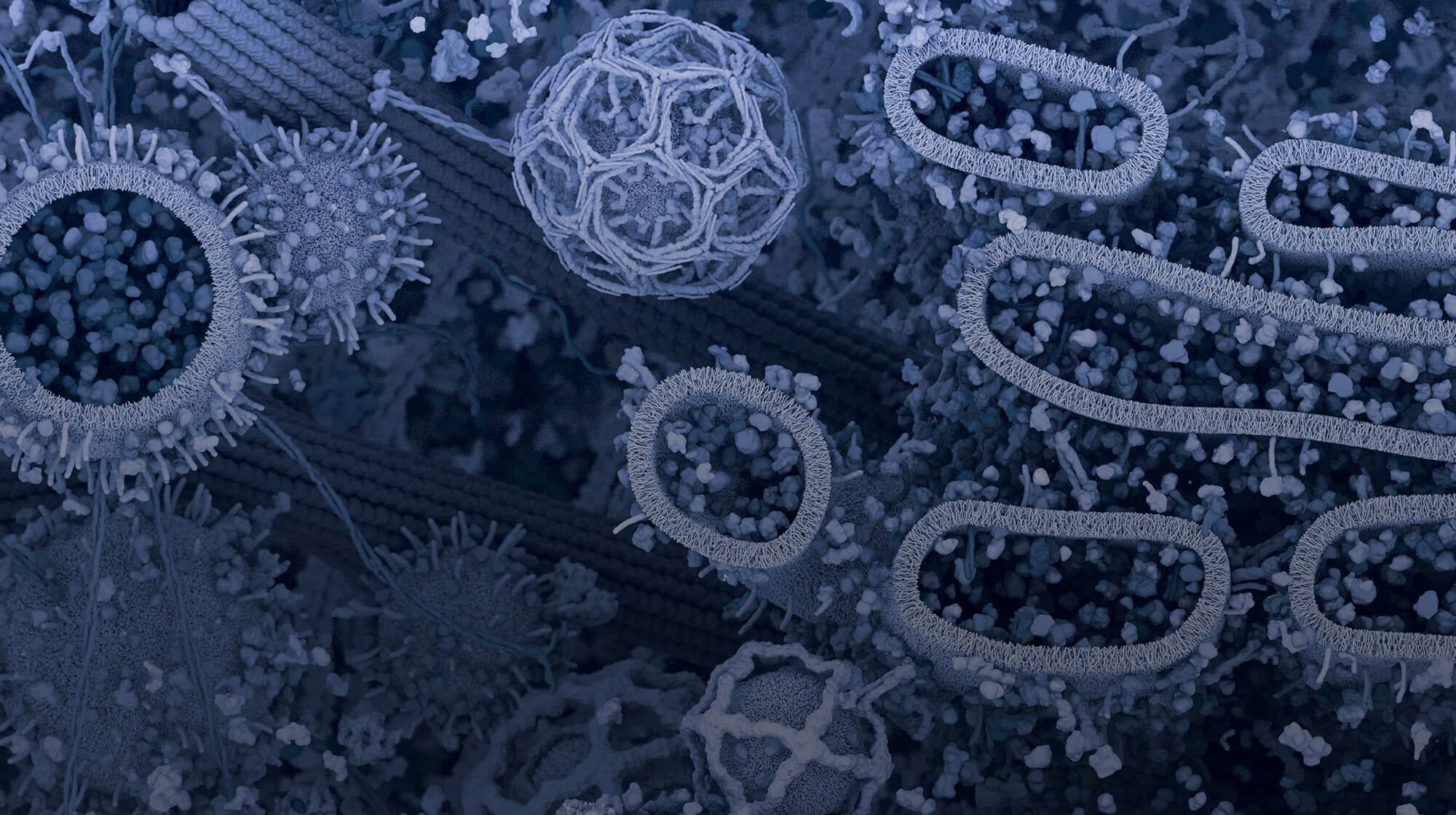
Webinar: Advances in AMPK and Autophagy Signaling
Featured Speaker: Reuben Shaw, PhD, Professor, Molecular and Cell Biology Laboratory, Deputy Director, Salk Cancer Center, The Salk Institute for Biological Studies
AMPK, a highly conserved sensor of cellular energy status, is found in all eukaryotic cells and maintains metabolic homeostasis by reprogramming growth, metabolism, and autophagy in the face of cellular stresses.
AMPK is activated by direct binding of AMP and ADP to its regulatory subunits, which enhances its phosphorylation by the upstream kinase LKB1, a tumor suppressor gene frequently inactivated in sporadic human lung and cervical cancer. In addition to this direct connection to cancer, AMPK is activated by a number of diabetes therapeutics, leading to our close examination of the role of LKB1 and AMPK in genetically engineered mouse models of cancer and diabetes. It is increasingly clear that LKB1 is a unique, energy-state sensitive regulator of growth and metabolic reprogramming that mediates its effects through AMPK. Over the past decade, our laboratory has combined phospho-proteomic, genetic, and bioinformatic approaches to identify highly conserved direct substrates of AMPK that mediate its effects on metabolism and growth control. These studies have led to the identification of components of the mTOR signaling pathway, the autophagy pathway, and transcriptional regulators of metabolism, all as direct substrates of AMPK. In addition, a significant effort has gone into characterizing the downstream kinase ULK1, a highly conserved kinase involved in autophagy initiation, and remarkably, the only protein kinase in the core autophagy pathway. We have recently developed small molecule inhibitors of ULK1 and tested their utility in proof-of-principle cell culture studies, blocking autophagy in combination with other targeted cancer therapies.
For more on autophagy, you can check out our Autophagy Resources page, or read our blog posts Autophagy: It's a Cell Eat Self World and Zika virus turns off Akt to hijack autophagy in developing neural tissue.
Browse more webinars available to watch on-demand at the Videos and Webinars page.
Speaker Biography
Reuben Shaw is a professor in the Molecular and Cellular Biology Laboratory at the Salk Institute. Dr Shaw’s lab focuses on the AMPK signaling pathway, which coordinates metabolism and growth at the cellular and organismal levels across eukaryotes. This pathway is inactivated in a number of human cancers and altered in metabolic disease. After getting his bachelor’s degree at Cornell University, Dr Shaw completed his PhD at M.I.T. in the laboratory of Dr Tyler Jacks. His postdoctoral research was performed at Harvard Medical School with Dr Lewis Cantley, where Dr Shaw discovered an unexpectedly direct connection between cancer and metabolism. In his own lab at the Salk Institute, established in January 2006, he has been using a combination of biochemistry, cell biology, and genetically engineered mouse models of cancer to dissect the role of the LKB1—AMPK tumor suppressor pathway in coordinating metabolism, autophagy, and cell growth. This work has led to the identification of a number of new direct substrates of AMPK, which provide a molecular basis for how cells reprogram their metabolism and growth under conditions of nutrient deficiency. The Shaw lab also utilizes genetically engineered mouse models to explore how reprogramming of glucose and lipid metabolism contributes to tumorigenesis, and to develop and test novel therapeutic approaches for multiple types of cancer. Dr Shaw has been the recipient of multiple prestigious awards, including that of a young investigator from both the American Cancer Society and the American Diabetes Association. He was named a V Foundation for Cancer Research Scholar in 2006 and a Howard Hughes Medical Institute Early Career Scientist in 2009. In 2014, he was appointed as the Deputy Director of the NCI-funded Salk Institute Cancer Center.







